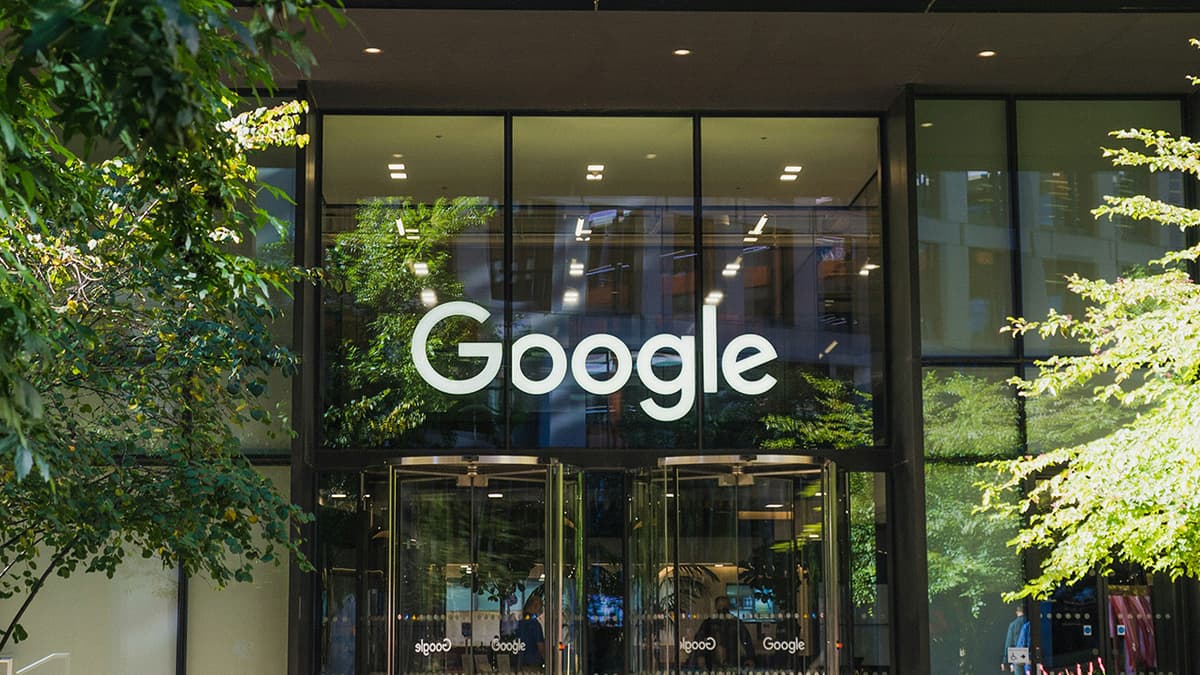Protecting Your Online Privacy with VPNs
In our connected world, privacy is a high-value commodity. With the rise of internet surveillance and data mining, it's understandable that many of us wonder just how private our online activities are. One of the most pressing questions pertains to the role of telecom companies. Can these giants see what websites you visit? And if so, does using a VPN shield you from their curious gaze? Let's unravel this digital conundrum.
First things first, let's talk about telecom companies and their capabilities. Your internet service provider (ISP), which is likely a telecommunications company, is your gateway to the internet. It knows everything: every website you visit, every online purchase, every photo you upload, and even those late-night binge-watching marathons. Think of them as the overseer of your digital footprints. This may sound a bit unsettling, and frankly, it is. But fear not—that's where VPNs come into play.
The acronym VPN stands for Virtual Private Network. It's like a secure, encrypted tunnel for your internet traffic, hiding your data from prying eyes. When you use a VPN, your device connects to a VPN server, which then sends your data to the final destination—the website you want to visit. To the outside world, including your ISP, all they see is a stream of encrypted information going to a single point: the VPN server. They're left in the proverbial dark. The real magic is that these VPN servers do not pass on your personal internet protocol (IP) address, so your identity and location stay a mystery.
Does this mean that using a VPN makes you completely invisible to your telecom company? In theory, yes, to a large extent. When you connect to a VPN, the only thing your ISP can tell is that you're using one. They can't see which websites you're actually visiting. Your online activities appear as a jumble of unintelligible data, effectively shielding your personal data from those who might exploit it.
Yet, it's not a foolproof system. There are always caveats. While VPNs greatly enhance your privacy, they are not completely invincible. High-quality VPNs use strong encryption to protect your data. But not all VPN services are created equal. Some of them may log your activities or have security vulnerabilities that can expose your data. It is crucial to choose a reliable VPN provider with a strict no-logs policy and a proven track record of safeguarding user privacy.
Besides the VPN services themselves, there are other external factors at play. Sophisticated government surveillance systems may have the capability to break some encryption, although doing so would take considerable efforts and resources. Additionally, the very use of a VPN may raise flags in restrictive countries where they are frowned upon or banned outright. Users in such environments must tread carefully, balancing the need for privacy with adherence to local regulations.
A key point to remember is that while telecom companies may be left in the dark about your browsing activities when you use a VPN, they're not the only players in the data game. Websites, marketers, and trackers have their own methods for profiling users. Therefore, it's important to complement your VPN use with other privacy tools, such as secure browsers, tracker blockers, and privacy-aware search engines, to further minimize your digital footprint.
The combination of a trustworthy VPN and smart browsing habits creates a formidable barrier to your online activities being monitored or recorded by your telecom company. Your privacy is significantly bolstered, providing peace of mind in the ever-watchful eye of our networked society.
Your ISP, our gateway to the fascinating yet precarious world of the internet, can see a great deal about our online lives. Bringing a VPN into the mix changes this dynamic dramatically. It adds an essential layer of privacy, allowing us to explore the digital space with much less worry about who's watching. Though no service can offer complete anonymity, a VPN is a powerful tool in protecting personal data from your telecom company's reach.
May these words inspire you to take action and shore up your own virtual defenses. After all, in the age of information, the power to protect one's privacy is more than just knowledge—it's a necessity.












